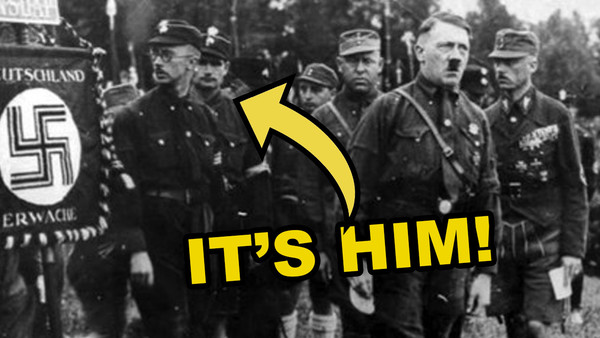10 Traitors Who Were Proven Right
Backstabbing traitors are rarely the good guys, but a lot of them have had the right idea.

History has known countless traitors, usurpers, double agents and assassins. Many of these operated under the basis that might makes right. Or through the oft-misguided belief that their cause was just.
Either these traitors would fail in their schemes or if they did succeed, would re-write history to justify their behaviour.
However, sometimes when a supposed traitor speaks out against a ruler or the state, or takes direct action that is deemed to be traitorous, they are later vindicated by the course of events that followed. This could either be a short time after their act of “treachery”, or centuries later and with the benefit of hindsight.
Not all of the people on this list are 'good' men (and in a few cases, quite the opposite), but when they chose to betray their country, comrades or leaders, they made the correct call.
Rather than looking at traitors who were later exonerated in the eyes of the law, these are traitors who were actually proven right by history itself.
10. Athens Needed To Be More Like Sparta To Survive - Socrates

Despite being one of the most famous of all philosophers (at least in terms of name recognition), Socrates left little of his own work behind.
Born in 470 B.C., what we do know of him comes from records of his life written by others, such as his most famous student, Plato.
Socrates operated through question and debate. While this helped him to find the answers he sought, more often than not, it also rubbed people the wrong way.
His paradoxical style of questioning usually left the Athenian ruling classes bemused and ultimately belittled, and Socrates wasn't afraid to take them to task in full view of the public.
Moreover, Socrates had no qualms about challenging the status quo. Critical of Athens' conduct in the Peloponnesian War, and displaying admiration for her hated enemy Sparta, Socrates made a lot of powerful enemies.
Socrates did not want Sparta and its allies to defeat Athens, rather he wanted his home city to be more like her enemies, in order to secure victory. But his criticisms were misinterpreted -perhaps deliberately- as being contrary to Athens' best interests.
As the war with Sparta turned against Athens, Socrates became a scapegoat. In a show trial, he was found guilty of impiety and corrupting the minds of the youth. Socrates was sentenced to death, and ordered to drink poison.
Even though they claimed to cherish democracy and free speech, the Athenians condemned Socrates to death... for exercising his right to free speech. In doing so, they proved his criticisms correct.
The rot had set in, and Athens was replaced as the pre-eminent power in Greece by the smaller and seemingly less sophisticated Spartans that Socrates so admired.